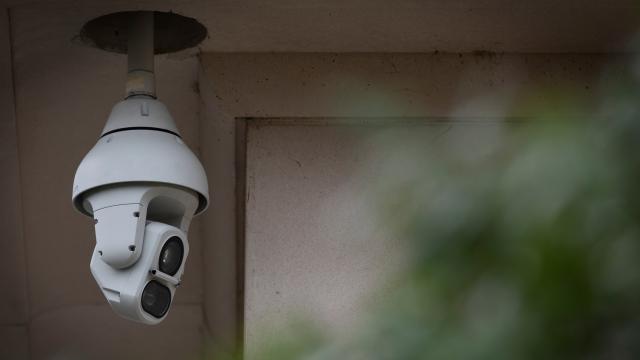Clearview AI, a controversial face recognition start-up, whose customers include hundreds of U.S. law enforcement agencies, including the FBI, has been served a cease-and-desist order by Google and its subsidiary YouTube.
The letters, which serve as a warning of impending civil action by Google, come in response to recent statements by Clearview CEO and founder Hoan Ton-That. In an interview with CBS This Morning that aired on Wednesday, Ton-That defended the company scraping photos of people’s faces from Facebook, Google, and countless other websites without their consent, arguing that Clearview has a First Amendment right to access “public” data.
“Google can pull in information from all different websites,” Ton-That said. “So if it’s public, you know, and it’s out there, it could be inside Google search engine, it can be inside ours as well.”
[referenced url=” thumb=” title=” excerpt=”]
The New York Times reported last month that Clearview, which claims its service is only available to law enforcement, has amassed a database of more than 3 billion photos posted to social media.
Alex Joseph, a YouTube spokesperson, said in an email that Clearview has admitted to violating Google’s terms of service, noting that the terms explicitly forbid the kind of data-scraping Clearview relies on to feed its face recognition database.
Clearview did not respond to Gizmodo’s request for comment.
Joseph went on to characterise Ton-That’s comparison of his company to Google as “inaccurate.”
“Most websites want to be included in Google Search, and we give webmasters control over what information from their site is included in our search results, including the option to opt-out entirely,” Joseph said. “Clearview secretly collected image data of individuals without their consent, and in violation of rules explicitly forbidding them from doing so.”
CBS News first reported on Google and YouTube’s cease-and-desist letters on Tuesday.
Google’s move to choke off Clearview’s data collection follows a similar effort by attorneys at Twitter, which last week issued its own cease-and-desist letter to the company. A Venmo spokesperson likewise said last month that scraping Venmo was a violation of its terms of service.
In September, a federal appeals court ruled in favour of an analytics firm that scraps profile data from LinkedIn, saying its users had effectively chosen to make that information public. The court opined that granting LinkedIn “free rein” to determine who collects and uses its data risked the creation of “information monopolies” that would “disserve the public interest.”
Face recognition is one of the leading concerns of privacy hawks in Washington, among them Sen. Ron Wyden, a Democrat of Oregon. “Americans have a right to know whether their personal photos are secretly being sucked into a private facial recognition database,” Wyden recently said on Twitter in response to the Times report on Clearview.
Senior officials at the Department of Homeland Security (DHS)—which is itself a Clearview customer—are slated to testify on Capitol Hill this Thursday about the agency’s use of face recognition and other biometric technologies. Democratic Rep. Bennie Thompson of Mississippi, whose committee will hear the DHS officials’ testimony, is a vocal critic of the technology.
Thompson aired concerns about “serious privacy and civil liberties concerns” posed by the technology in December after a report by the National Institute of Standards and Technology (NIST) found that face recognition is, in Thompson’s words, “even more unreliable and racially biased than we feared.”
Research into face recognition tools by MIT’s Media Lab in 2018 identified a 35-per cent error rate for photos of women with darker complexions, as opposed to database searches using photos of white men, which proved accurate 99 per cent of the time.
Rep. Jim Jordan, Republican of Ohio, told reporters last month that the House Oversight Committee was exploring legislation aimed at placing a moratorium on any new federal funding toward face recognition services.
